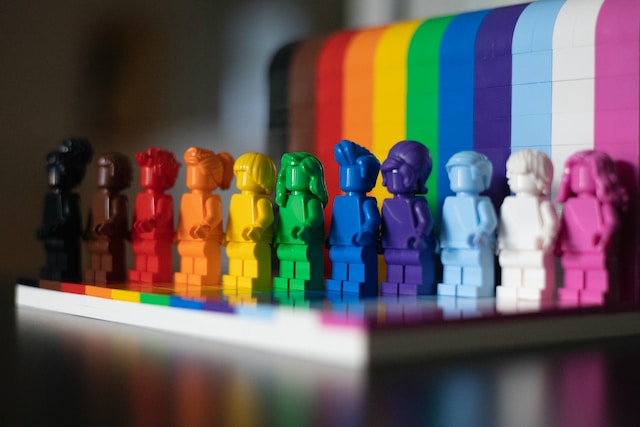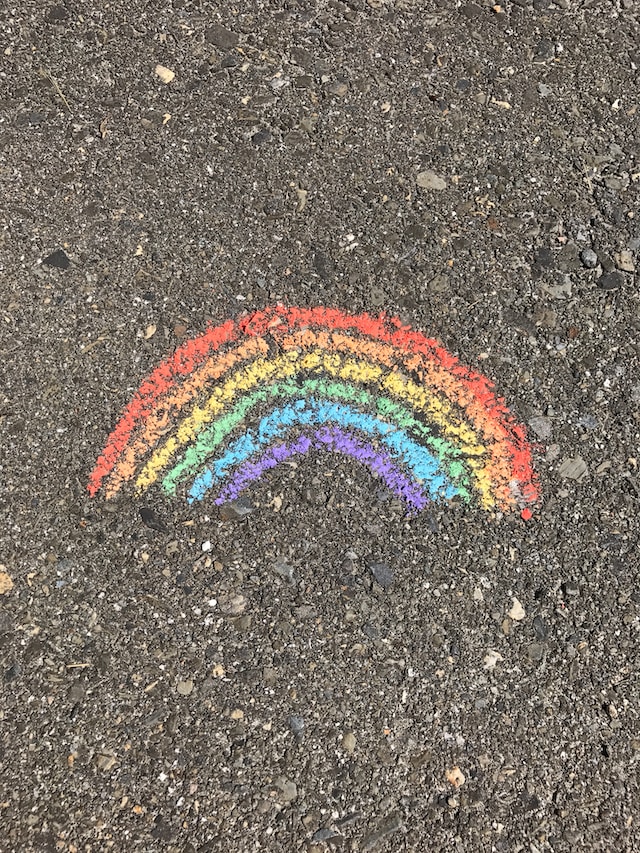Recognising abuse in any relationship can be difficult because often the tactics are so subtle. As well as the generic types of tactics abusers use (constant criticism, belittling, financial abuse, conflict over the children etc ) there are often tactics used within LGBTQ relationships, which are very specific.
Tactics you may recognise might be:
- Threats to expose your sexuality to others who may not be aware yet
- Threats to expose intimate photos or videos to others online
- When you try to challenge your partner’s behaviour, they minimise your concerns, saying it is normal in LGBTQ relationships
- Your partner (ex) using their experience of LGBTQ relationships and your lack of experience to control and justify their behaviour
- Threatening to turn friends against you by spreading lies – this can be a very powerful tactic if you have lots of mutual friends in the LGBTQ community
- Criticising you for not being ‘ gay enough’
- Forcing you to do sexual acts you are not comfortable with
- Controlling or withholding medication as a punishment
- Pressuring you to keep your relationship secret or pressuring you to disclose it before you are ready

What you may be worried about
- Not being believed, not having your concerns taken seriously
- Being embarrassed when you share details of the abuse
- Being treated differently to someone disclosing abuse in a heterosexual relationship
- Not having access to the same type of help as someone in a heterosexual relationship
- Your partner/ex-partner finding out you have asked for help
- Losing your friends/family/support network if you end your relationship
” My partner has threatened to split our family up – we had children via IVF. She’s threatened to take the children she gave birth to and not to see the child I gave birth to. She’s threatening to make life really difficult for me, knowing we live in a very middle-class village where LGBTQ relationships are unusual. I’ve worked really hard to be integrated into the village here and now she is going to undo everything if we separate”
Getting Support
You can access specialist support via https://galop.org.uk/, the National LGBTQ Abuse Helpline or there may be local groups such as https://www.supportu.org.uk/ who can help you access confidential help. You can contact generic domestic abuse services – they often have specialist domestic abuse workers who have additional training and experience supporting people from diverse communities and those who might be more vulnerable.
I have also supported several clients within LGBTQ relationships over the years – so please don’t feel worried about reaching out to me – you will be listened to, treated with sensitivity and without judgement. There are a range of services to support you, so pick which one you feel most comfortable with and if at first you don’t succeed, keep asking for help until you get it!
Reaching out and asking for help can often feel like the hardest thing to do, but once you have done it, it can feel like a weight has been lifted!
Ending your relationship is your choice. I am not here to tell you what to do, after all, it’s your life after all, but if you are worried your relationship is abusive, please don’t hesitate to speak up and ask for help – there is no need for you to suffer in silence. Love is not control – love is freely given, without fear of consequences, without judgement, without fear.



